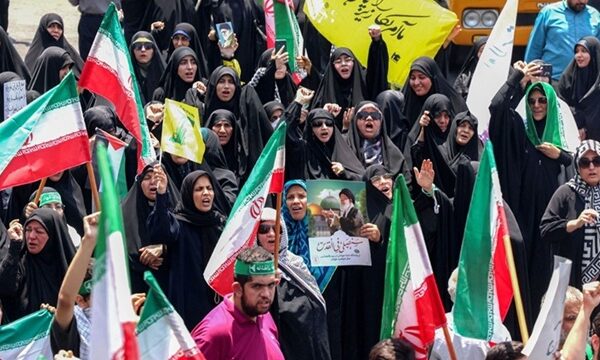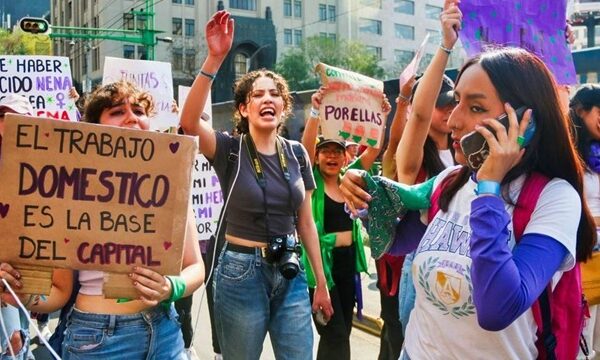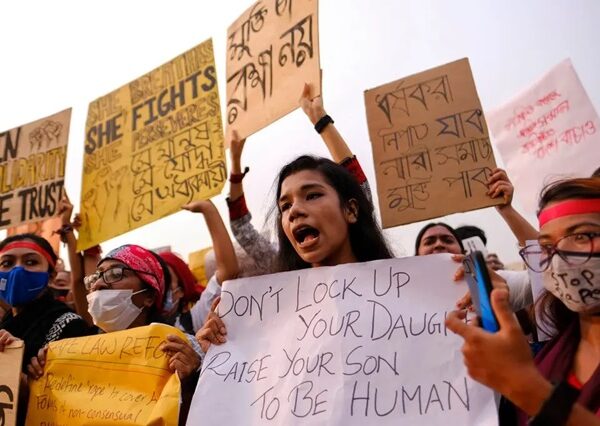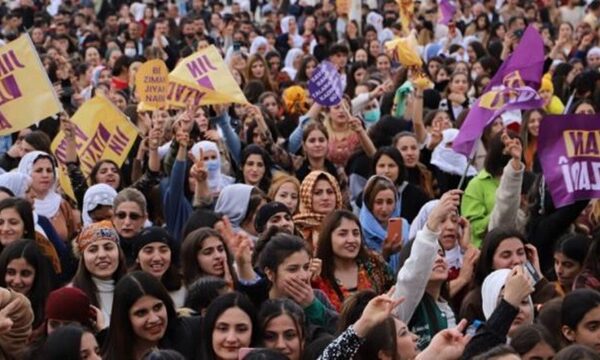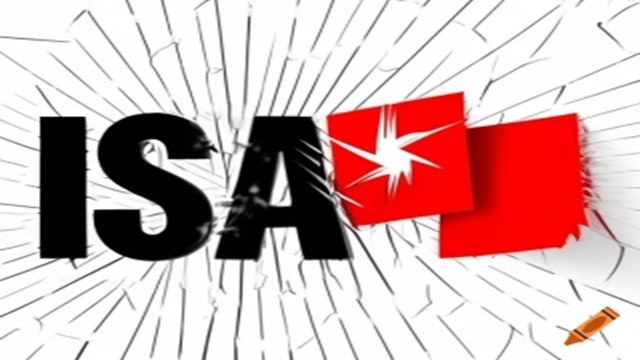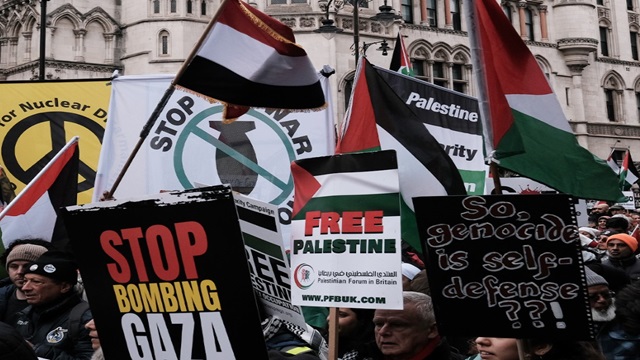
Kate Nash calls out TERF ideology in blistering new single
From a socialist feminist perspective, GERM is more than a protest song. It’s a manifesto that interrogates power, challenges capitalist co-optation of feminism, and calls out the scapegoating of a vulnerable minority to distract from the material conditions oppressing all women and gender minorities.

